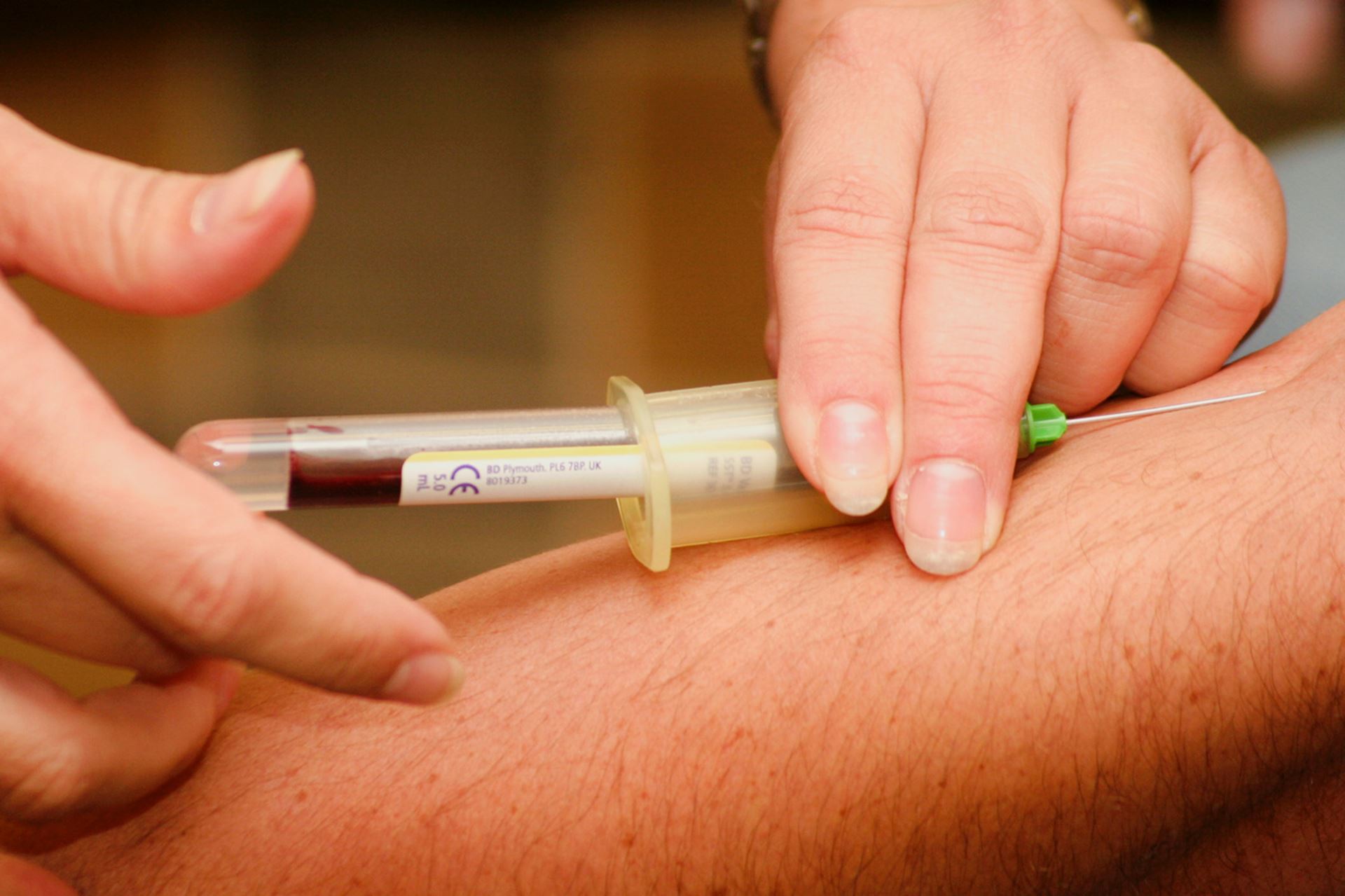Tests & Results
Blood Tests and Specimens
Bloods are taken every morning in Ty Bryn Surgery and in Machen Surgery on a Tuesday morning by appointment only. Please report to reception on arrival and remember to bring your blood form with you to your appointment
If a doctor has requested a specimen of urine or faeces please drop this off in surgery before 11.30 on the above days.

Results of Tests and Investigations
Your doctor will ask you to telephone the surgery for the results of tests. Results are normally vetted by your own doctor before they can be given by a nurse or receptionist. Instructions are sometimes given when you telephone. Please ring between 14:00 and 18:00 when the telephone is less busy and the receptionist has more time to find the result if it is available. You can also access your blood results on My-Health online.
In order to maintain confidentiality, laboratory results will only be given to patients themselves or to parents if the patient is a minor. If in doubt or if you are concerned, make an appointment to see your doctor.
Blood Tests
A blood test is when a sample of blood is taken for testing in a laboratory. Blood tests have a wide range of uses and are one of the most common types of medical test. For example, a blood test can be used to:
- assess your general state of health
- confirm the presence of a bacterial or viral infection
- see how well certain organs, such as the liver and kidneys, are functioning
A blood test usually involves the phlebotomist taking a blood sample from a blood vessel in your arm and the usual place for a sample is the inside of the elbow or wrist, where the veins are relatively close to the surface. Blood samples from children are most commonly taken from the back of the hand. The childs hand will be anaesthetised (numbed) with a special cream before the sample is taken.
You can find out more about blood tests, their purpose and the way they are performed on the NHS Choices website.
X-Rays
An X-ray is a widely used diagnostic test to examine the inside of the body. X-rays are a very effective way of detecting problems with bones, such as fractures. They can also often identify problems with soft tissue, such as pneumonia or breast cancer.
If you have an X-ray, you will be asked to lie on a table or stand against a surface so that the part of your body being X-rayed is between the X-ray tube and the photographic plate.
An X-ray is usually carried out by a radiographer, a healthcare professional who specialises in using imaging technology, such as X-rays and ultrasound scanners.
You can find out more about x-ray tests, how they are performed, their function and the risks by visiting the NHS Choices website.
Page created: 05 June 2023